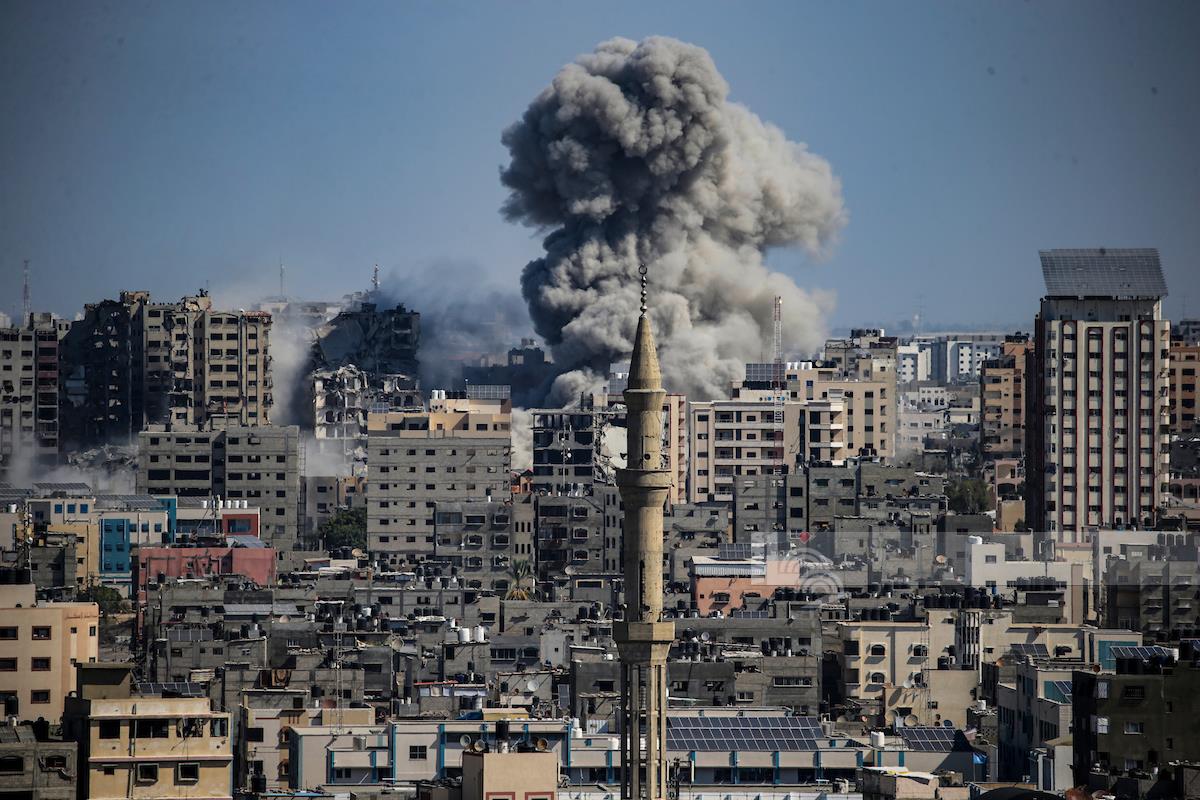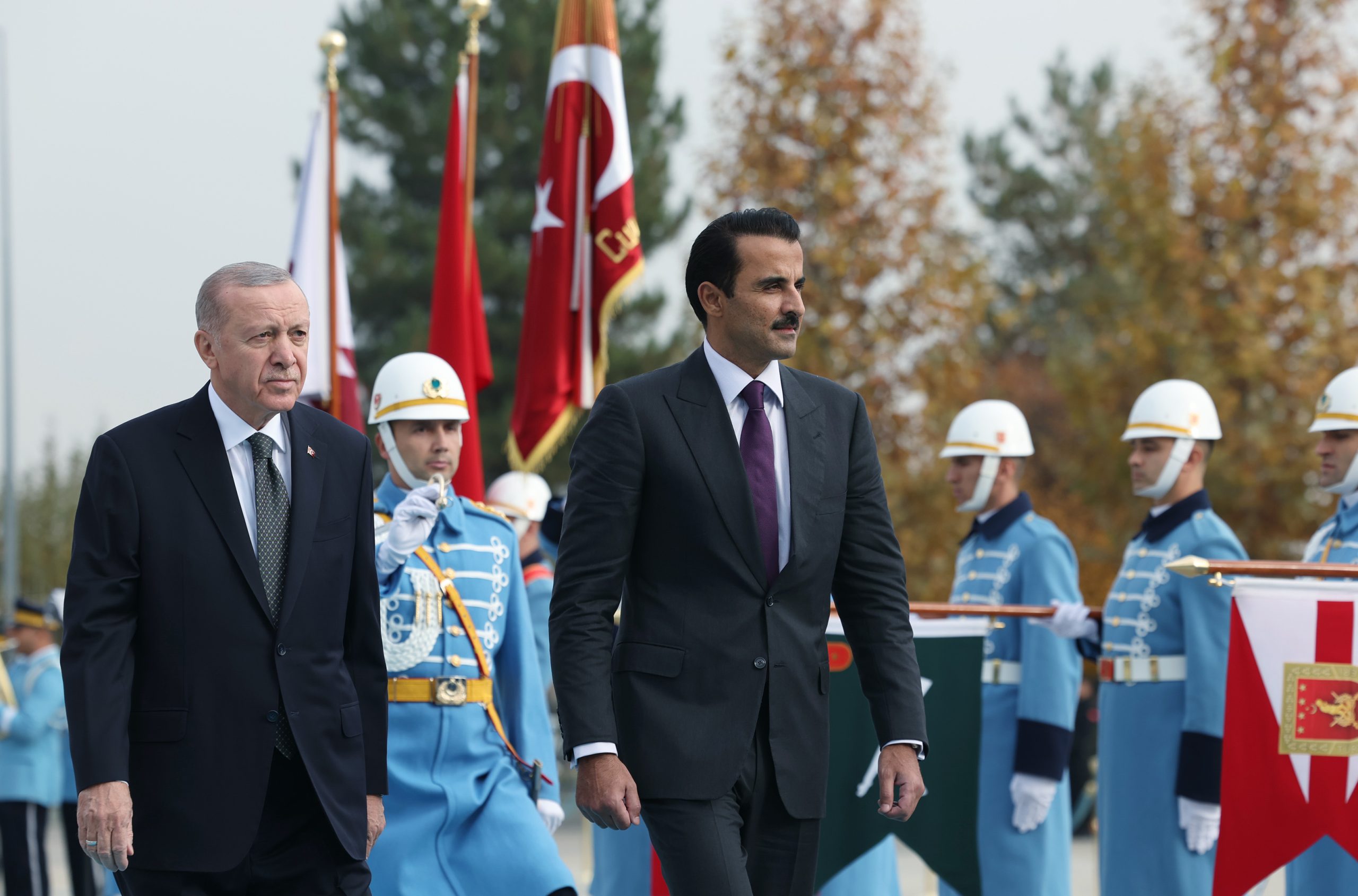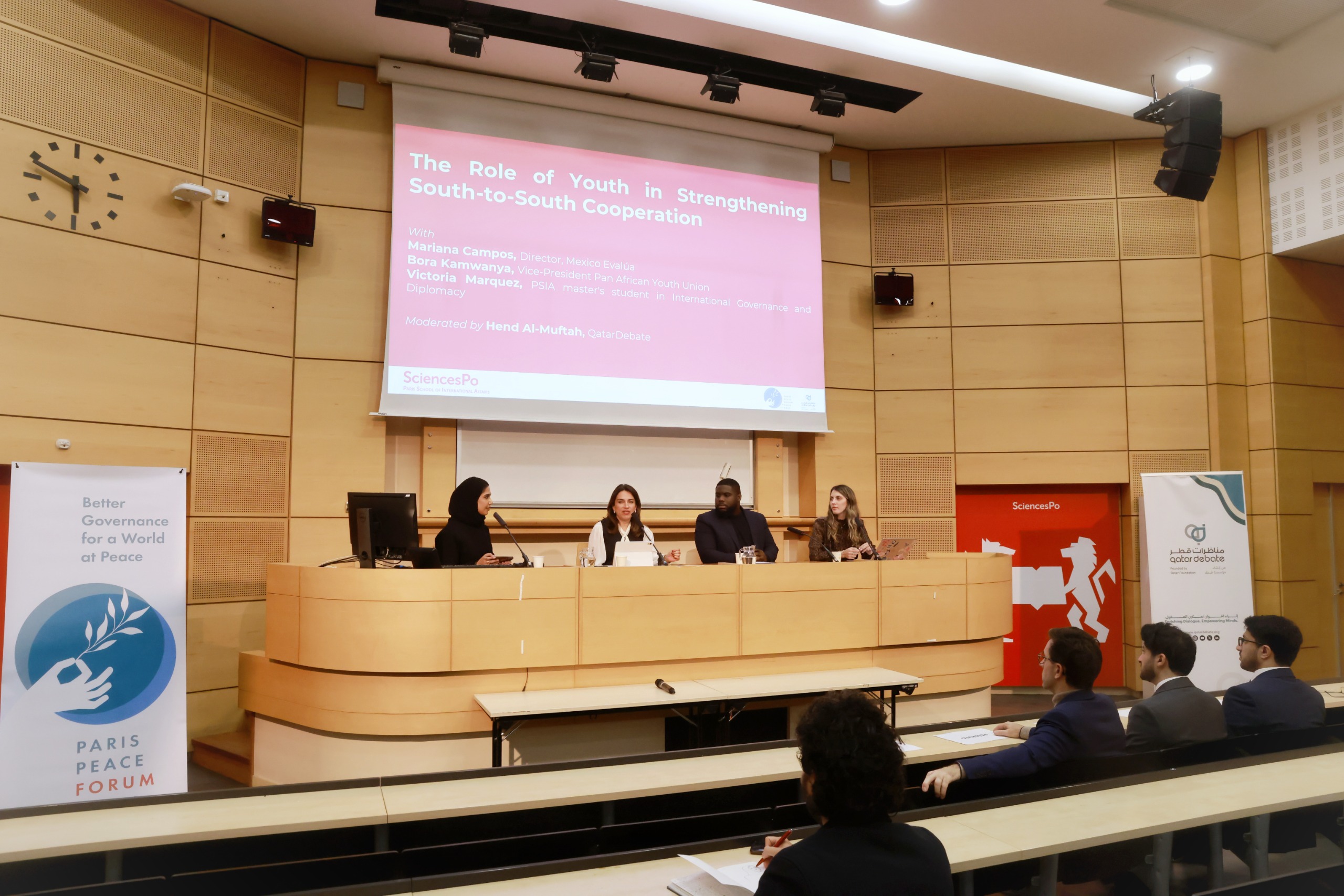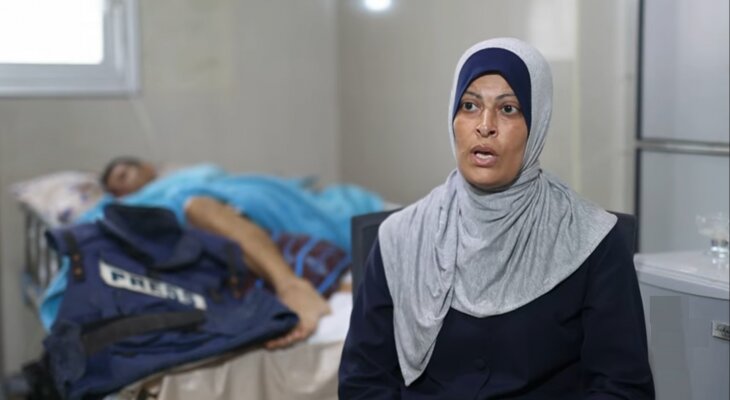Israel has used the captives issue and the Palestinian resistance operation as its pretext for its deadly war waged on Gaza.
Talks on the release of 50 captives held by Hamas have come to a standstill after Israel refused to allow fuel to enter into Gaza in exchange, according to a report by The Wall Street Journal.
Qatari and Egyptian mediation has so far helped secure the release of four captives held by the Palestinian group over the last week, two of which were freed and handed over to the International Red Cross in Egypt on Monday evening after Israel refused to receive them.
However, the WSJ report said dialogue to free dozens more captives have now been impeded after Israel categorically refused to allow fuel. Israeli official have previously stated that fuel will not enter Gaza as part of a siege that has also blocked water, electricity and food.
Qatar has taken a leading role in de-escalation efforts between the two parties since Israel declared war on Gaza on October 7. Earlier reports said the US immediately approached the Gulf state – which has successfully helped secure the release of a number of prisoners and hostages around the world in recent years – to mediate the release of captives.
The humanitarian crisis in Gaza, home to 2.3 million people, has reached a critical point almost two weeks after Israel enforced a full siege and executed its most severe attack on the enclave, killing more than 5,087 Palestinians including at least 2,055 children.
United Nations officials have warned that the fuel reserves of their relief agency operating in Gaza are just days away from being depleted.
“Without fuel, there will be no water, no functioning hospitals and bakeries,” cautioned Philippe Lazzarini, the agency’s commissioner general.
Gaza’s lifeline relies heavily on fuel. It sustains crucial services, such as hospitals and water supply, and is fundamental for the daily life of its residents. The territory plunged into darkness when its only operational power plant was forced to shut down on October 11 due to a lack of fuel.
Despite a limited number of international aid convoys entering Gaza, none have included fuel supplies.
“In Gaza, a lack of fuel can now mean the difference between life and death,” warned Health Ministry spokesman Ashraf al-Qudra, underlining the critical condition of local hospitals.
The situation has ignited calls for an immediate ceasefire, with medical experts indicating that a blockade on fuel could result in the loss of more vulnerable lives. A staggering number of 2,000 children in Gaza killed by Israel in the recent weeks of the attack.
‘Enough is enough’
On Tuesday, Qatar’s Amir Sheikh Tamim bin Hamad Al Thani slammed Israel’s “barbaric and unprecedented bombing” of Gaza on and condemned countries around the world for their unconditional support of Israel’s killing of Palestinians.
“We are saying enough is enough. It is untenable for Israel to be given an unconditional green light and free license to kill, nor is it tenable to continue ignoring the reality of occupation, siege and settlement,” Sheikh Tamim told the Shura Council in Doha on Tuesday.
Addressing the weeks-long brutal campaign, Sheikh Tamim said Palestinians in Gaza “are living in difficult circumstances beyond imagination, and it is not permissible to remain silent about the barbaric and unprecedented bombing that civilians are being subjected to.”
Sheikh Tamim also took aim at those standing in support of Israel as it continues its bombing campaign on Gaza, where half of the population are under the age of 15.
“We would like to ask those who have aligned with the war, and those acting to gag any dissenting opinion: What would come in the aftermath of this war?” he said.
The Qatari leader underscored the seriousness of the situation in Gaza and its violations of all “religious and worldly values, customs and laws” in addition to Israel’s ongoing policy of settlement expansion and displacement.







